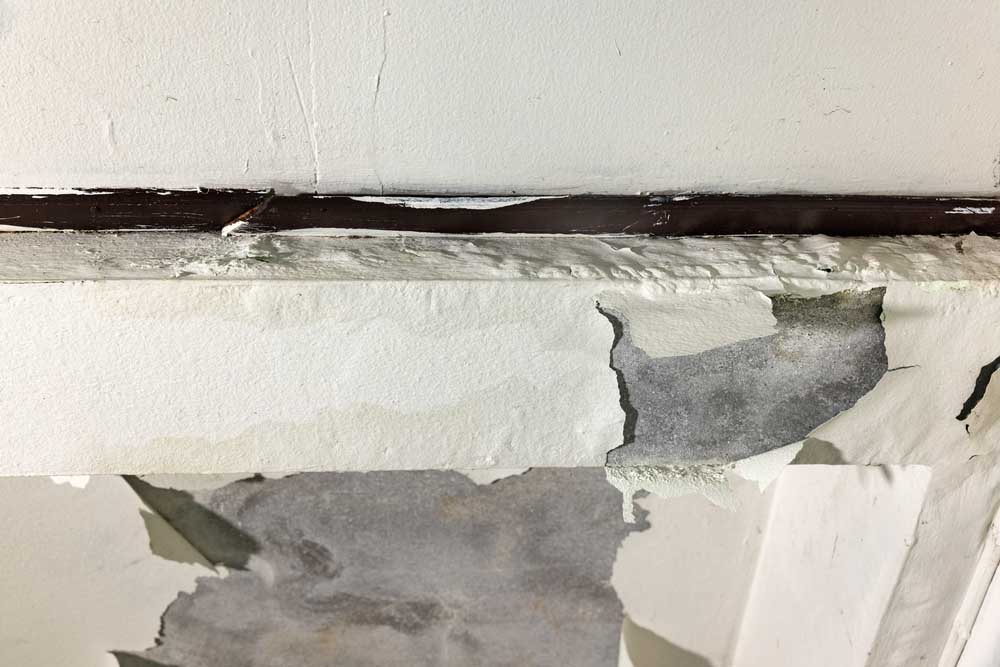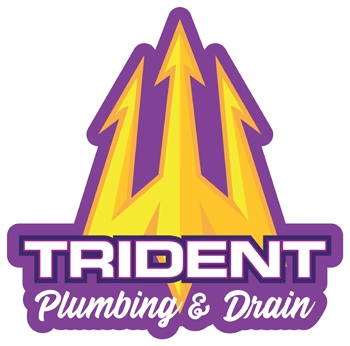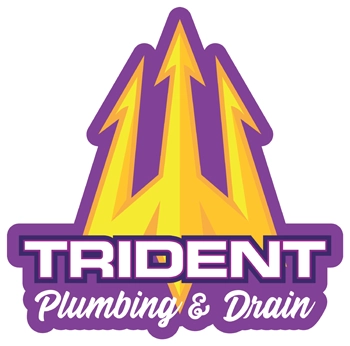
October 20, 2025
Slab leaks can develop quietly beneath a home’s foundation, often going unnoticed until signs like rising water bills or unexplained moisture appear. Trident Plumbing & Drain helps homeowners understand what leads to these hidden problems and why certain properties face higher risks. Knowing the common causes behind a slab leak in Buckeye, AZ is the first step in protecting both your home and your investment.
Typical Reasons Behind Slab Leaks
Several issues can lead to a slab leak. A primary culprit is corrosion. The copper pipes often used in plumbing can corrode over time, especially when they react with minerals in the soil or stray electrical currents. This process weakens the pipes, eventually leading to small pinhole leaks that grow larger.
Another common cause is high water pressure. Consistent pressure above recommended levels puts a significant strain on your pipes. Over time, this stress can cause weakened joints and pipe sections to burst, creating a leak. Think of it like a tire that’s been overinflated for too long. Eventually, something has to give.
Ground shifting is another variable. The soil beneath your home can expand and contract due to changes in moisture content or seismic activity. This movement can put immense pressure on the pipes, causing them to crack or break. Likewise, if the foundation itself settles unevenly, it can stress the pipes in the same way.
Finally, poor installation is a critical, but often overlooked, cause. Pipes might have been improperly bent, laid over sharp rocks, or have poorly soldered joints during construction. These issues can create weak points that fail years later. A proper slab leak detection can pinpoint these issues.
Risk Factors to Consider
Several things increase the risk of a slab leak. The age of your home is a major factor. Older homes with original copper piping are more susceptible to corrosion. The pipes have simply been exposed to the elements and water for a longer period.
Your home’s location and the type of soil can also play a role. Clay-rich soils, which are common in many areas, expand and shrink dramatically with moisture changes, putting more stress on the plumbing. Additionally, homes in areas with high mineral content in the water may experience faster corrosion.
A less obvious risk factor is a hot water line leak. Hot water lines tend to fail more often than cold water lines. The constant expansion and contraction from temperature changes, combined with the heat itself, accelerates the deterioration of the pipes. Early slab leak detection services can help identify and mitigate these risks before they cause significant damage.
FAQs
Q: How long does slab leak repair usually take?
A: The time varies depending on the extent of the damage and the repair method used. Some slab leak repair projects take a few hours, while larger jobs may require more time.
Q: What signs should I watch for besides damp flooring?
A: Unusual water meter activity, the sound of running water when pipes are not in use, or warm spots on floors can signal a slab leak.
Q: Do slab leak detection services require digging up the entire floor?
A: No. Modern techniques use listening devices and other technology to detect leaks with minimal disruption.
Trident Plumbing & Drain brings over 10 years of industry experience as a veteran-owned and family-operated company. If you suspect a problem beneath your foundation, our team provides reliable solutions backed by a satisfaction guarantee. Call us today to schedule an inspection.
by RTM Design




